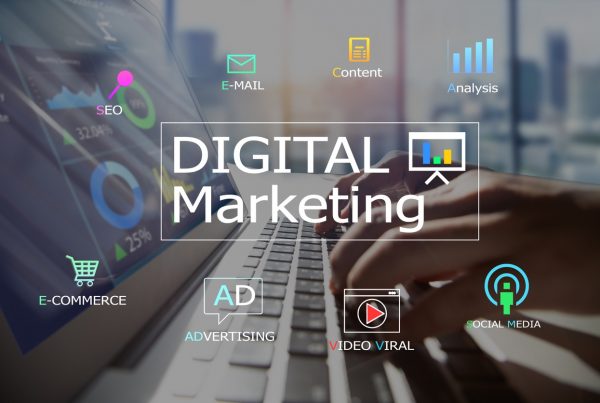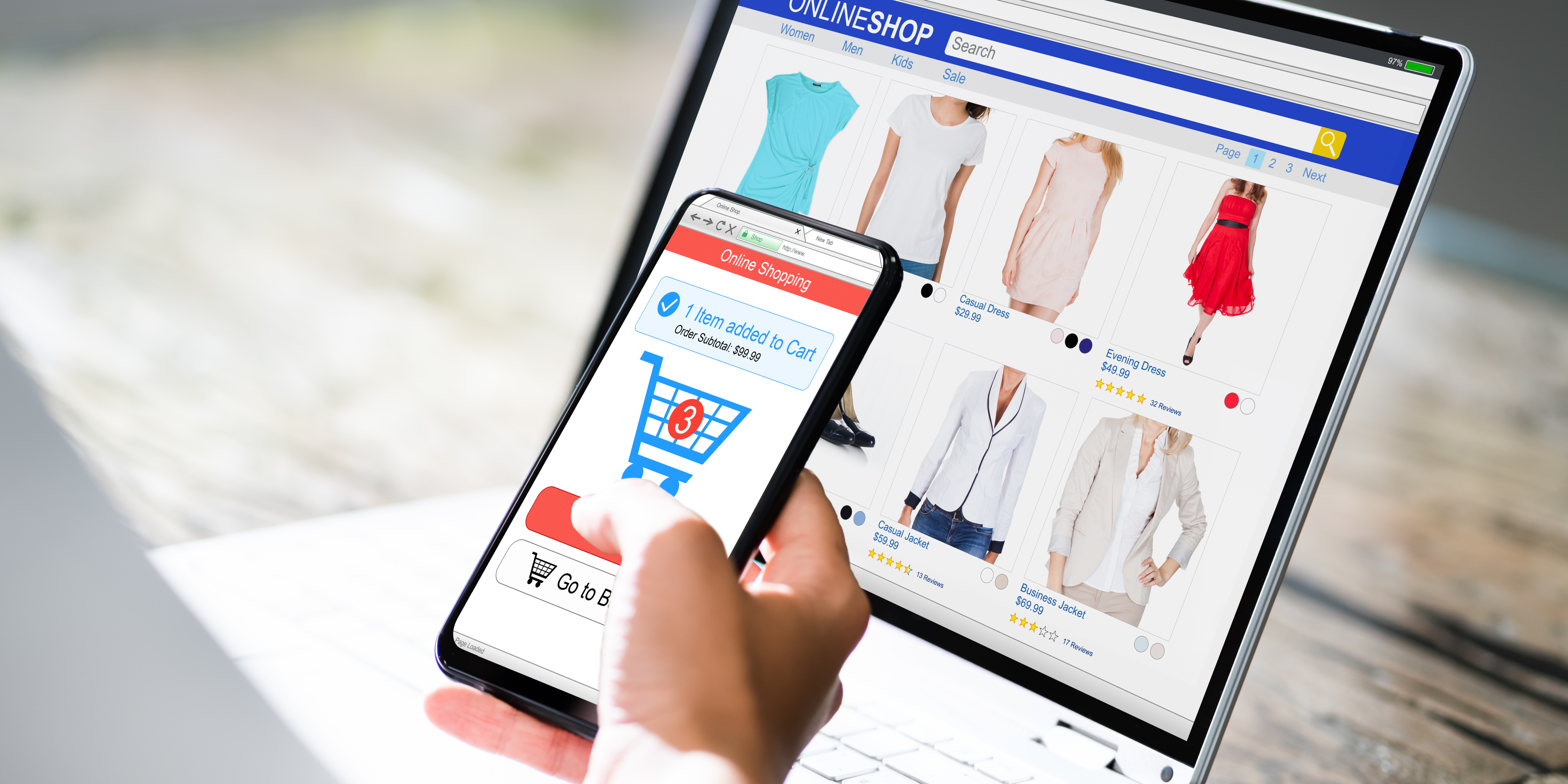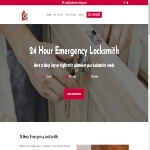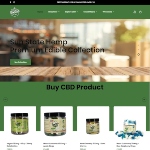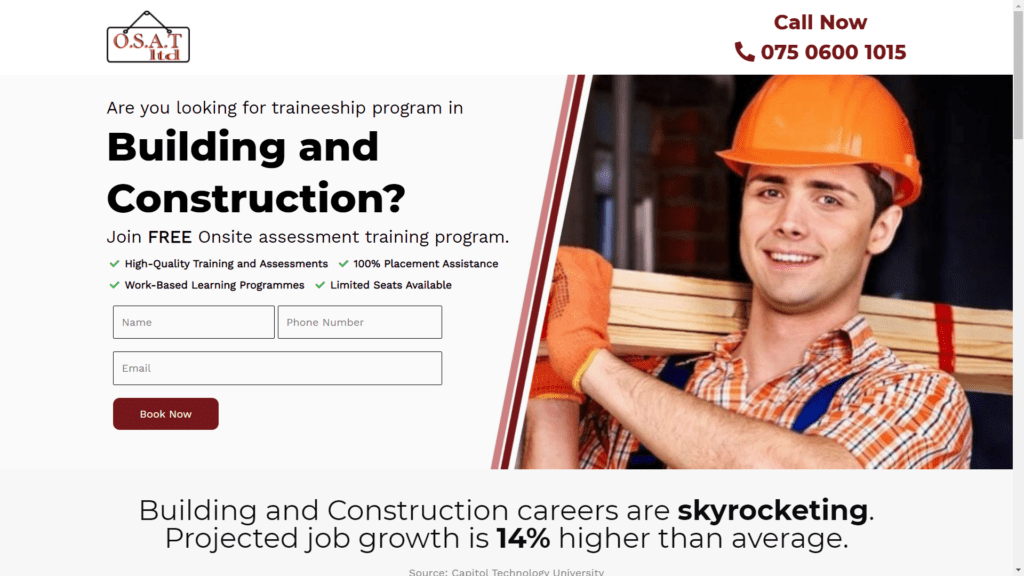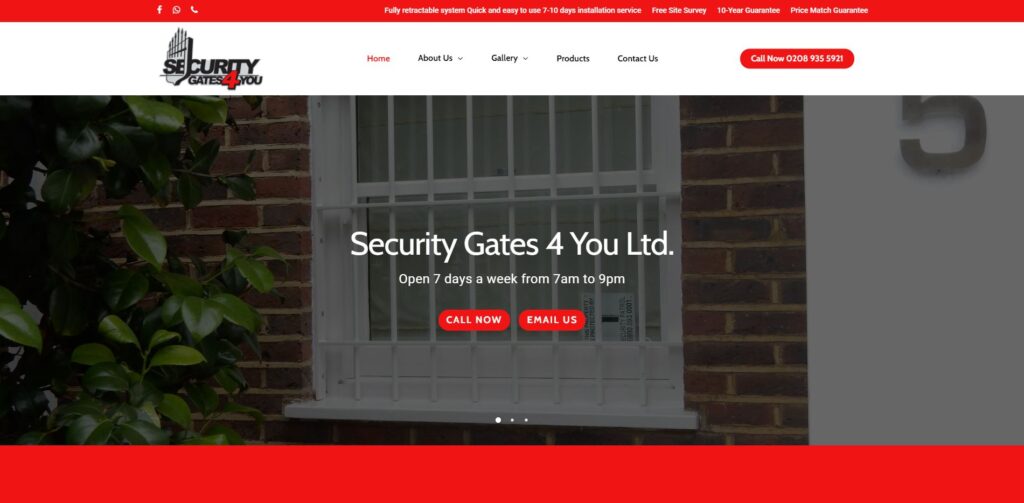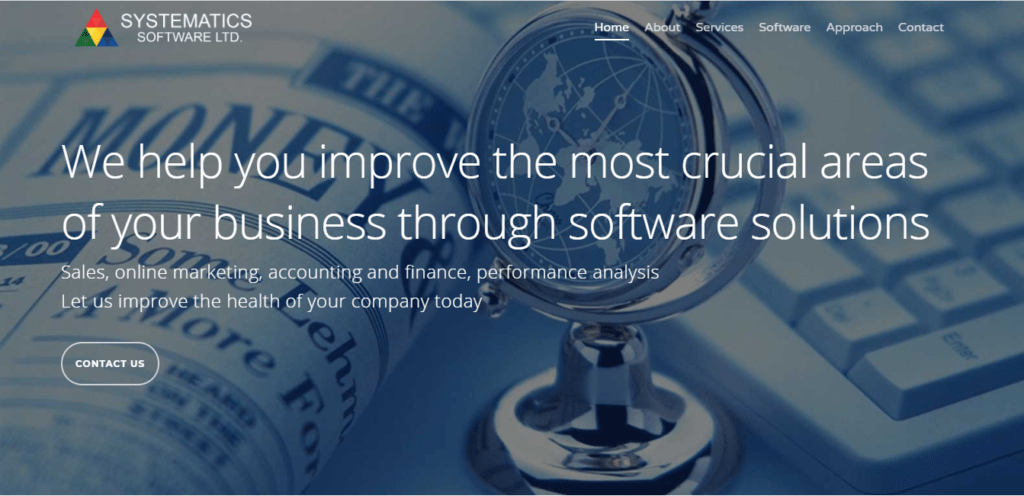One of the most common conversion killers is a high bounce rate. If the majority of your visitors leave your website after the first page, you won’t be able to convert them into subscribers or customers.
If you think your website’s bounce rate is too high, there are a few ways to reduce it. In this blog, we’ll share 5 tips on how to improve your bounce rate. These tips can help your conversions skyrocket!
Read on to learn more.
What Exactly Is Bounce Rate?
Bounce rate refers to the percentage of visitors who come to your site and leave without visiting any other pages. Having a higher bounce rate indicates that you were unable to persuade the user to stay and complete your call-to-action (i.e buy your services/products).
There are many ways a visitor can leave your website. They can simply click the back button, redirect to another website, close your website’s tab/window, or type in another URL. Sometimes they may exit your website due to a session time (which is caused due to web hosting errors, a simple fix for Explosion Digital
You’re probably thinking, “But, that’s just typical user behavior, right?”. Though that may be the case, there is a difference between a good bounce rate and a bad one.
If your bounce rate is higher than average, there are many possible reasons why. This includes bad design, lack of clear call-to-action, improper navigation, slow load time, and more.
How To Improve Bounce Rate
Now that you know more about what bounce rate is, it’ll be easy to understand to “improve” it, you need to reduce it. Here are a few tips on how to improve your bounce rate.
1. Create A Better Experience For Your Users:
The term “user experience” refers to all aspects of a customer or potential customer’s interaction with a company, its services, and its products.
The overall feeling of a user while interacting with your website is referred to as user experience. A good user experience occurs when a user finds a website that is not only easy to use but also visually appealing.
The first step in the right direction is to create a usable website that looks terrific on all platforms and devices. Keep an eye on how your users act as well as what influences their decisions.
2. Place Your Call To Action Buttons Strategically:
In the first few seconds of visiting your website, most users decide whether or not they like it. More often than not, they take a quick glance at your website without scrolling and make their final judgement. Keep in mind that the user interface differs from device to device, and must be optimized as such.
You can optimize your landing page accordingly, now that you know where potential customers tend to look. It should clearly describe what you are selling and include a prominent call to action.
Make your call to action honest, clear and straightforward. Misleading users leads to a poor user experience, which is the leading cause of high bounce rates that result in low conversion rates.
3.Speed = Lower Bounce Rates:
As we said earlier, users form opinions about a website within the first few seconds. You don’t want to squander their time by displaying a blank page, loading scripts, and downloading content
You can optimise each landing page on your site using tools such as Google Page Speed and Pingdom.
Did you know that even a one-second delay can decrease your sales by 7%, reduce your customer satisfaction by 16%, and even take down your views by 11%? This is a hard-hitting fact provided by Strangeloop.
You can significantly speed up your website by optimising your images, adding better caching, choosing a faster hosting provider, and using a content delivery network. If you’re looking for great web hosting services, Explosion Digital can help you. All the websites we make run smoothly and abide by core digital marketing functions to increase visibility.
4.Use High-Quality Images & Videos:
Videos are far more engaging and captivating than text or even images. A fullscreen video can be used as a background or placed next to your call to action.
Videos are extremely effective. You can use music, animations, narration, audio, colours, and a variety of other persuasion tools.
Images are yet another effective tool for lowering your bounce rate.
High-quality photographs have proven to be very effective as fullscreen backgrounds, which is why they are used by so many websites. Companies such as Google, which were once known for their plain white backgrounds and minimalistic layouts, are now incorporating high-quality images into their landing pages.
You can buy professional photographs from a variety of stock photography websites. There are also several websites that provide royalty-free images.
These high-quality images can be used as fullscreen backgrounds, parallax backgrounds, background slides, or inline images next to calls-to-action.
5.Let Your Client Testimonials Do The Talking:
If you really want to lower your bounce rate, the best thing you can do is let client testimonials speak for themselves. Any professional website you visit will have a slider with client testimonials, showing actual quotes from happy customers.
Planning out your testimonial slider in a creative way can also help engage your audience.
Use audio, video, illustrations and other story-telling elements to transform your testimonials into success stories. People love success stories and they would want to read more.
Conclusion
We hope these tips on how to improve your bounce rate helped you. Though these tips make it simpler to understand, correcting all of these issues can be a task to do all by yourself.
As a business owner, you want to focus on your primary business goals. You shouldn’t have to bear the burden of handling your company’s digital marketing, so let us help make life easier for you. Explosion Digital offers services to improve the online visibility of your business. Contact us to learn more about how we can help you.



